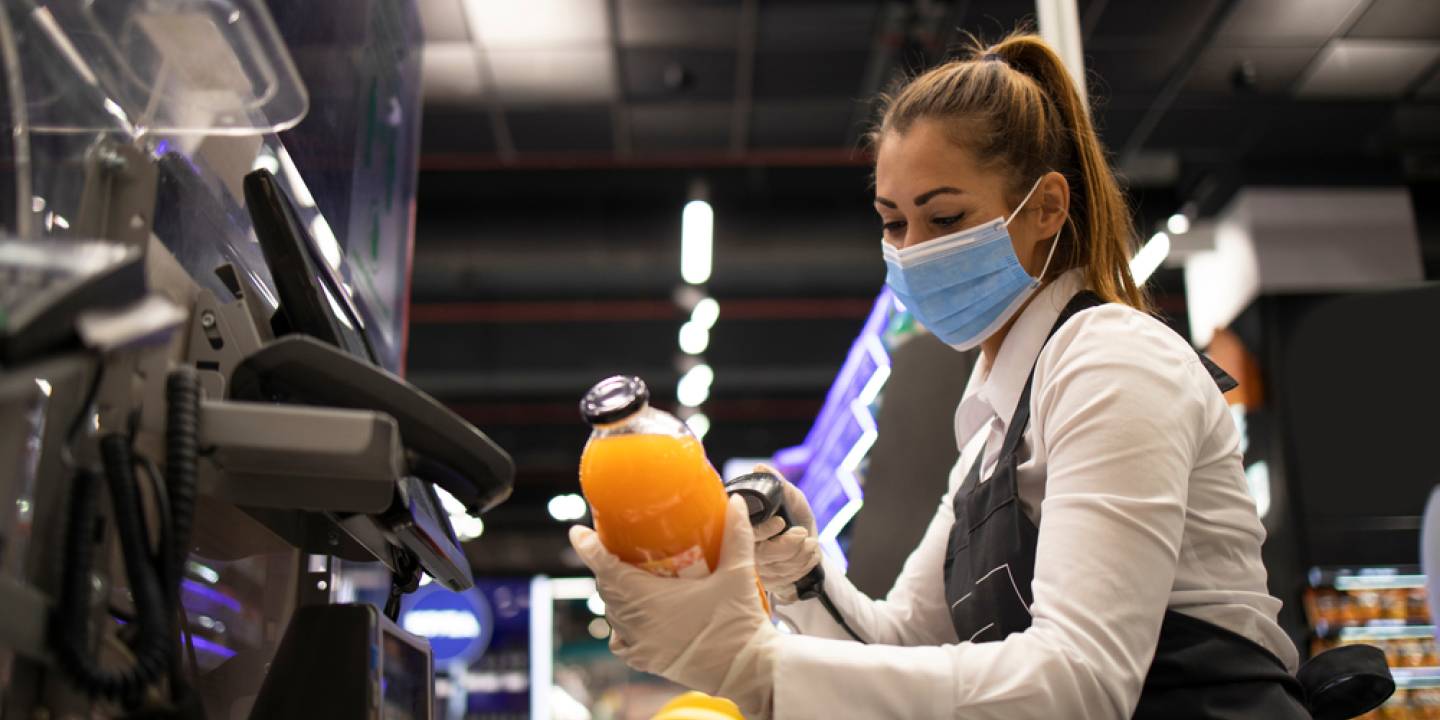There is no question that Covid-19 has had a big impact on the consumer world; the results of which are increasingly visible beyond the facemasks. As already-struggling High Street brands face closures, both temporary and permanent, so too many entertainment, drink and dining-out venues are being pushed to the brink. Against this backdrop, with pandemic-led restrictions and behaviours, understanding and evolving to meet the needs of the new customer landscape will be vital to the survival of beverage brands going forward.
Perhaps the biggest social shift affecting beverage purchases, outside of lockdown closures, is the move towards working from home; a trend that looks set to stay one way or another. Where commuters would typically grab a coffee on the go, they are now looking to recreate this favourite drink experience at home. Home deliveries from preferred coffee houses might well pick up with this in mind, especially those with easy-to-use apps, but big brands will also be looking to grow their loyal customer base through RTD tea and coffee retail options, if they haven’t already done so.
With home-working and so-called “cocooning” behaviours driven by Covid circumstances becoming the norm, consumers are also increasingly bulk buying or “pantry loading”. Bigger, re-sealable packs of RTD tea and coffee, as well as larger quantities of cans and bottles sold in multiples, will be increasingly common going forward. In the same way, RTD cocktails and other ready-to-drink versions of beverages typically found in a bar will also grow in popularity and availability. The challenge here remains capturing and instilling exactly the right flavours and mouthfeel that consumers would normally experience in their favourite watering hole. Ultimately, even with this achieved, the need for social interaction for mental health reasons is likely to see this trend level out in the long-run, as Covid finally loosens its grip on the entertainment industry.
However, one change that looks set to stay is the move towards e-commerce over in-store shopping. Recreating at home the experiences usually found in coffee houses, bar or restaurants, currently makes sense where frequent shopping trips or group gatherings are ill-advised or restricted. In the post Covid-19 space though, it is likely that only the most convenient or pleasurable of the new habits formed will stick. The increase in e-commerce sales is perhaps one of those shifts that may never look back, making marketing and communications all the more important for those looking to grab attention and grow sales. Brands not already online will be working hard to ensure they are soon; while those already in this space will be looking to innovate and integrate. Augmented reality on packaging will no doubt be supported by greater added value and experiential features on websites and apps.
The pandemic might see consumers make a move away from in-store shopping experiences in favour of online purchasing – or quick in and out buying where in-store is the only option – but it will also encourage consumers towards more healthy beverage options. Carbonated drinks sales are waning, where water-based soft drinks are growing in popularity, particularly where they carry a health halo. This health and wellness concern will spill over into sports and energy drinks, which will also remain relevant and important post-Covid, as the consumer retains the home workout regimes formed during lockdown or looks for an alternative boost during a long working day at home.
Perhaps one of the positives to come out of Covid is the consumer’s growing interest in supporting the local economy – encouraged by an “All in this together” status quo. This concern comes with a willingness to pay more for better quality, local produce. So, along with premiumisation opportunities for big brands, this bodes well for the likes of craft beers or small health beverage producers entering the market, provided there is a strong route to market through retail or online distribution channels.
In summary, the beverage space post Covid-19 sees an increasingly digital spotlight shone on beverages themselves. Without the guaranteed cushion of the coffee house, bar or restaurant setting, brands will need to ensure their drinks taste great and offer an experience that can be taken home, rather than rely on the environment its delivered in. That said, while e-commerce does look to become preferable over in-store shopping, the natural, healthy need for socialising will likely see a strong return of the food and drinks industry eventually. Only time will tell whether this means a return to the pre-Covid set up in a nostalgic bid to recreate normal life, or a diversified socialising space where venues offer more than just a meal or a drink out as they jostle for revitalised consumer footfall.
To find out how we can work with you on any of the latest trends, please email
enquiries@treatt.com or visit www.treatt.com to find out more about Treatt’s work.
